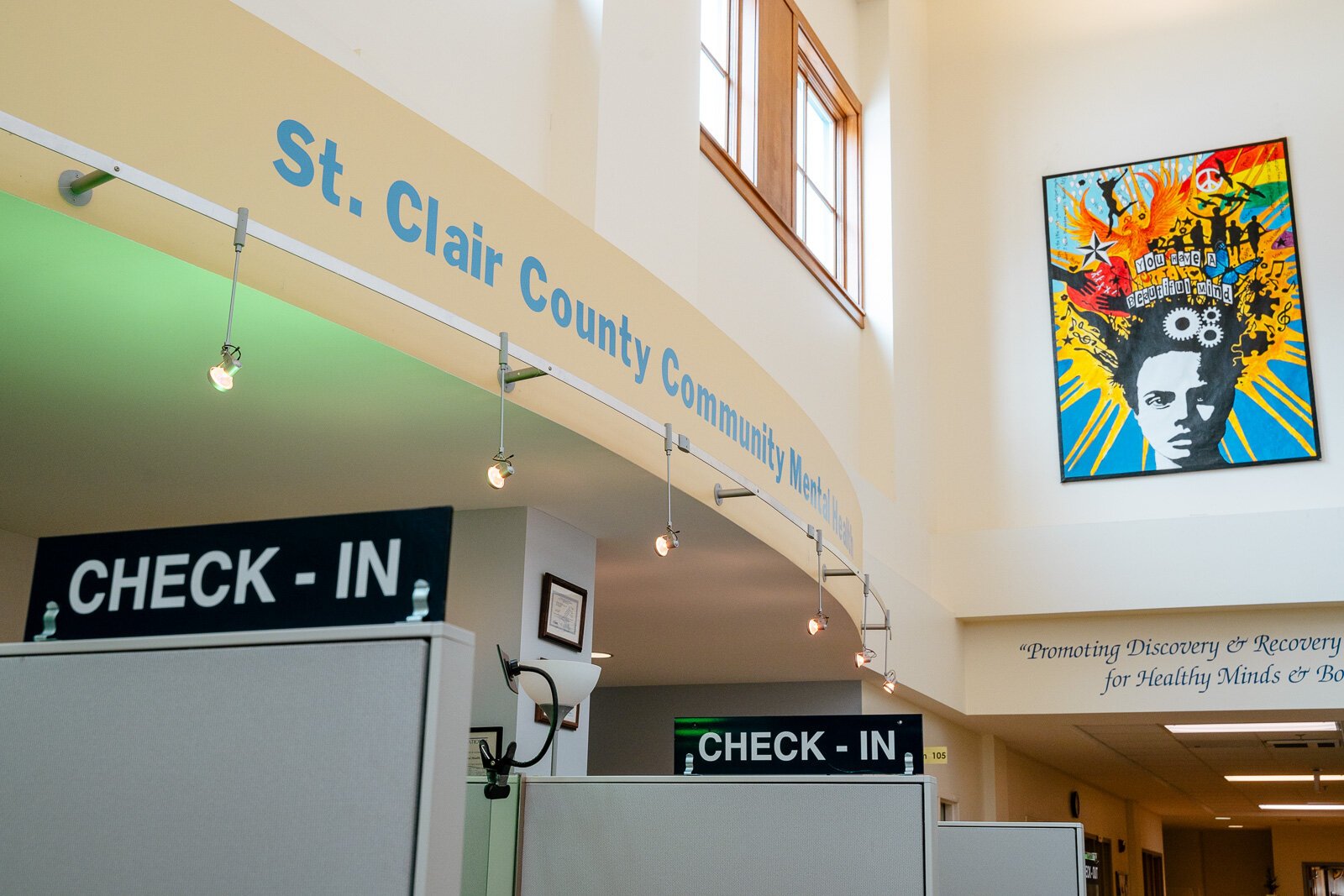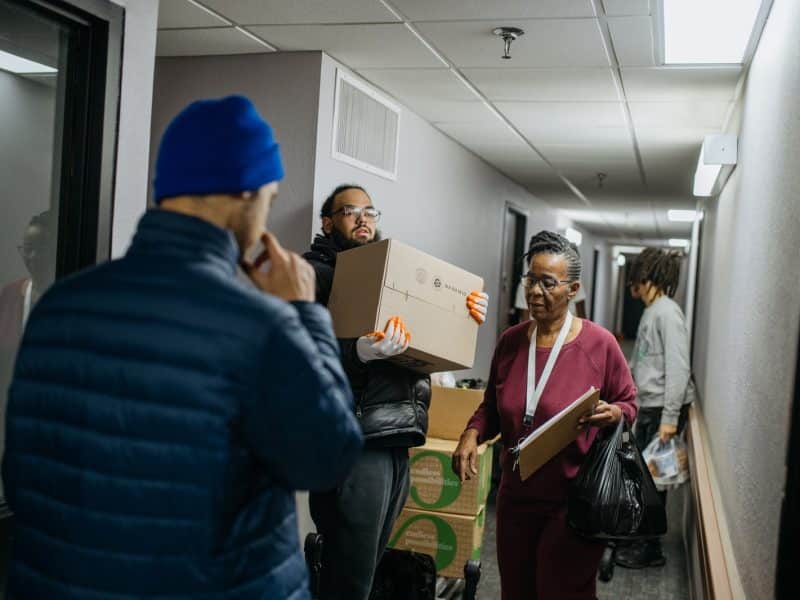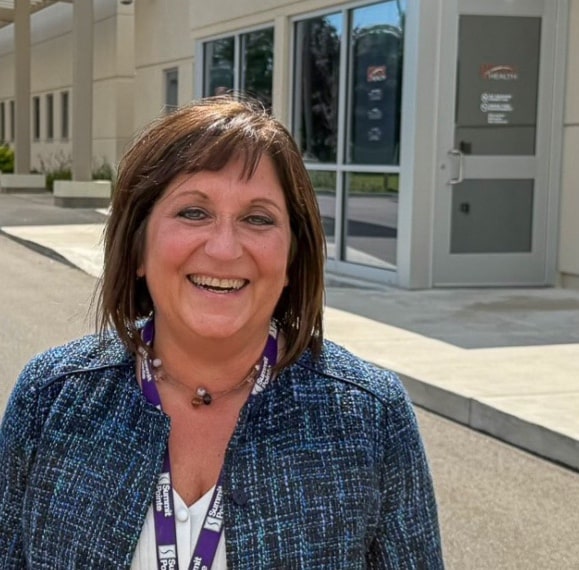U.S. Senator Debbie Stabenow and community mental health
Q&A with U.S. Senator Debbie Stabenow shares why she has worked so hard and so long to improve community mental health.

It should come as no surprise that a person inspired to enter public office because of her concern over the closing of a local nursing home would be an advocate for mental health. In fact, U.S. Senator Debbie Stabenow (D-Mi) has been just that since starting her public career in 1974 on the Ingham County Board of Commissioners.
Her advocacy continued on the state and federal level, and, in 2014, she, as a U.S, Senator, led the charge in passing the Excellence in Mental Health Act, which established Certified Community Behavioral Health Clinics (CCBHCs).
As Stabenow wraps up her 30-year career, she reflects on the importance of “treating healthcare above the neck the same as healthcare below the neck.”
Q: Why has improving mental health for Michiganders and the nation been a key issue for you during your tenure as senator?
This has actually been something that’s been a priority not only all of my public life, but I have my own personal experience in my family that really helped me understand the importance of having quality mental health services. When I was in middle school, my dad started exhibiting what would be later known as bipolar tendencies, and there was not a diagnosis. At that point in time, there were no medications. When I was growing up, everybody was labeled as schizophrenic, and the only option was to go to a state institution. So, I saw what happened when my dad didn’t get the right help, and then I saw what happened when lithium was discovered, and we got the right diagnosis. My dad was able to get the support that he needed and was able to manage his disease and go on with his life. So, I’ve always felt that we should treat health care above the neck the same as health care below the neck, and I really have been engaged not only as a senator, but I was on the Community Mental Health Board when I was a county commissioner and chaired the State House Mental Health Committee. I was involved in the State Senate and in the U.S. House and, of course, now lead the efforts in the U.S. Senate.
Q: You have a decades-long history of advancing our country’s mental health system. When you think of the future of this nation’s public mental system, what role do you think CCBHCs will play in the future?
A: I think that CCBHCs are the foundation of the future of community behavioral healthcare, and that’s because these are clinics funded as health care with full Medicaid reimbursement. Anyone can walk in the door and get services in Michigan right now. A third of the time, you’re seen the same day, which is extraordinary. This is a model that coordinates physical health centers with behavioral health clinics together, so it’s comprehensive care. They’re required to work with law enforcement, our emergency rooms, our homeless shelters, and all the places where someone may be who actually needs just treatment. And so to me, this is foundational.

Q: What do you think keeps some elected officials, some policymakers, and some of the public from understanding the centrality of mental healthcare to overall health? If there is such a lack of understanding, what are the impacts of that lack of understanding?
A: I think traditionally, we have funded physical health care, and then funded other needs on addiction and mental health care to grants that stop and start. It’s not been viewed as a part of health care. We’ve made a lot of strides, but a lot of this is still education, and making sure people understand, first of all, that there are wonderful ways to support people and treat people and make sure they can manage bipolar disorder and the chemical imbalance in the brain as well as a sugar imbalance when someone’s a diabetic — that we have tools. We have medications. We have expertise. So, it’s really an educational process.
Q: How has improved mental health services benefited Michiganders?
A: Well, I think it has improved in many ways. First of all, people are getting the care that they need so that they can manage their behavioral health disease, just like a physical disease, and go on and have their job and be able to be functioning citizens. We know that where we have CCBHCs, there is about a 60% reduction in people sitting in jail, because they’re actually getting the help they need. These clinics are required to have 24-hour psychiatric crisis services. So, someone’s not going to jail. They’re not sitting in the emergency room. They’re not in a homeless shelter. We are saving dollars in so many other public systems by giving people the help they need.
Q: As you walk out the door, what do you hope will continue after you have left office?
Well, it’s incredibly important to me to make sure that this transformation of funding behavioral health as health care is fully embedded in our systems, and so, right now I’m focusing on legislation that would make sure we are making CCBHCs permanent — that we are defining what they are in our health code, and that we have centers across the country so people will understand how effective they are and be willing to make sure we go forward, not backward.
Q: Any final comment on mental health services in Michigan?
A: Well, I would say I’m thrilled that we now have 41 CCBHCs in Michigan. This state is in the process of certifying additional clinics, so I’m hopeful that we will see them all across Michigan.
Joanne Bailey-Boorsma has 30-plus years of writing experience having served as a reporter and editor for several West Michigan publications, covering a variety of topics from local news to arts and entertainment.
Photo of U.S. Senate by Quang Vuong via Pexels.com
Photo of Senator Stabenow courtesy of Senator Stabenow.
St. Clair County Community Mental Health Agency photo by Nick Hagen.
The MI Mental Health series highlights the opportunities that Michigan’s children, teens, and adults of all ages have to find the mental health help they need, when and where they need it. It is made possible with funding from the Community Mental Health Association of Michigan, Center for Health and Research Transformation, Genesee Health System, Mental Health Foundation of West Michigan, North Country CMH, Northern Lakes CMH Authority, OnPoint, Sanilac County CMH, St. Clair County CMH, Summit Pointe, and Washtenaw County CMH.




